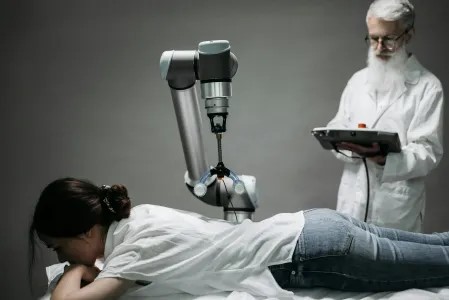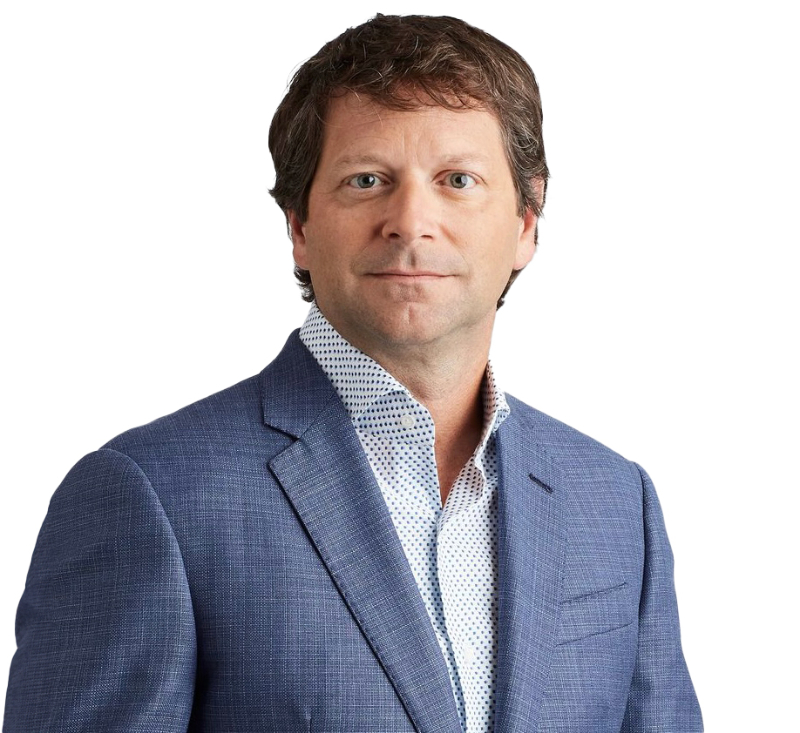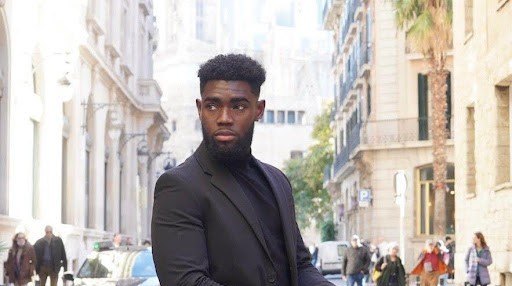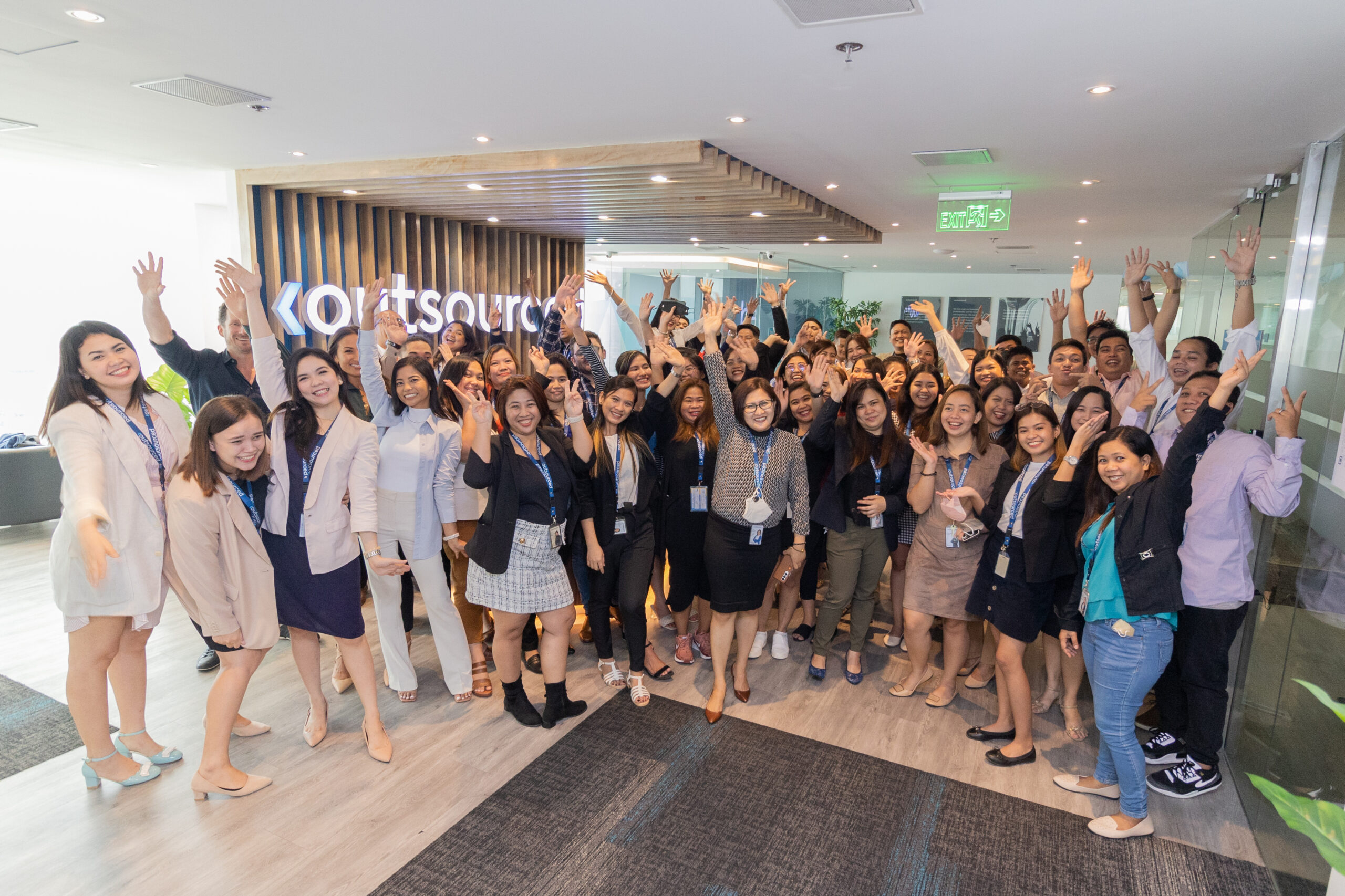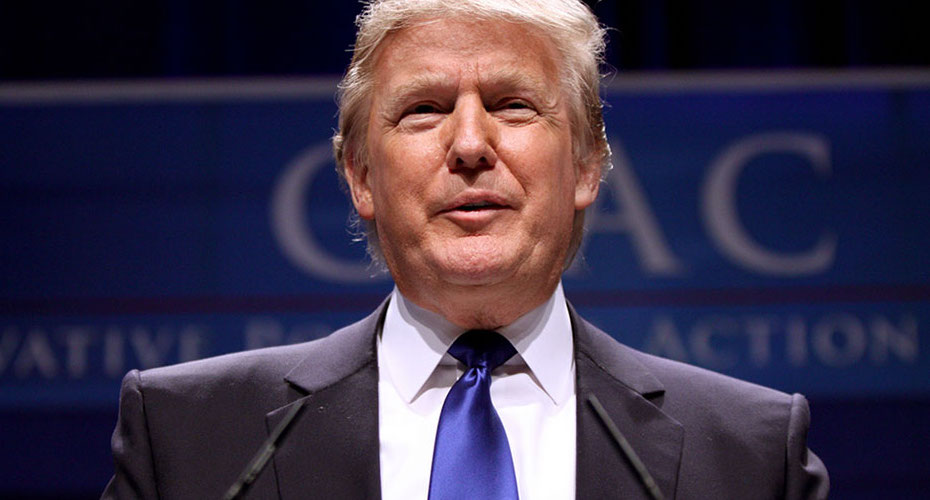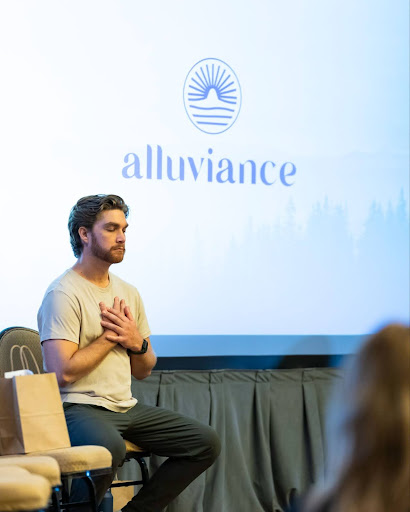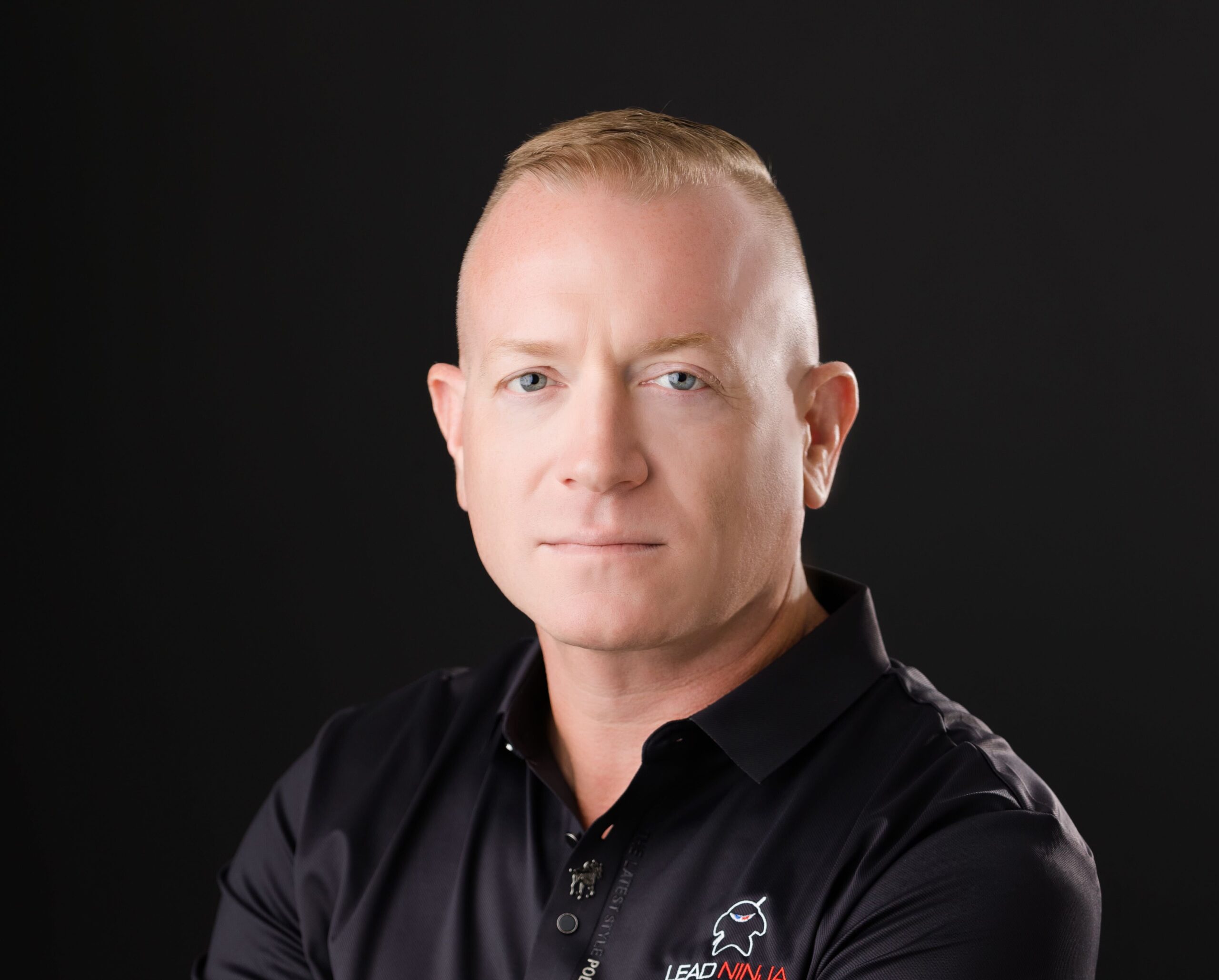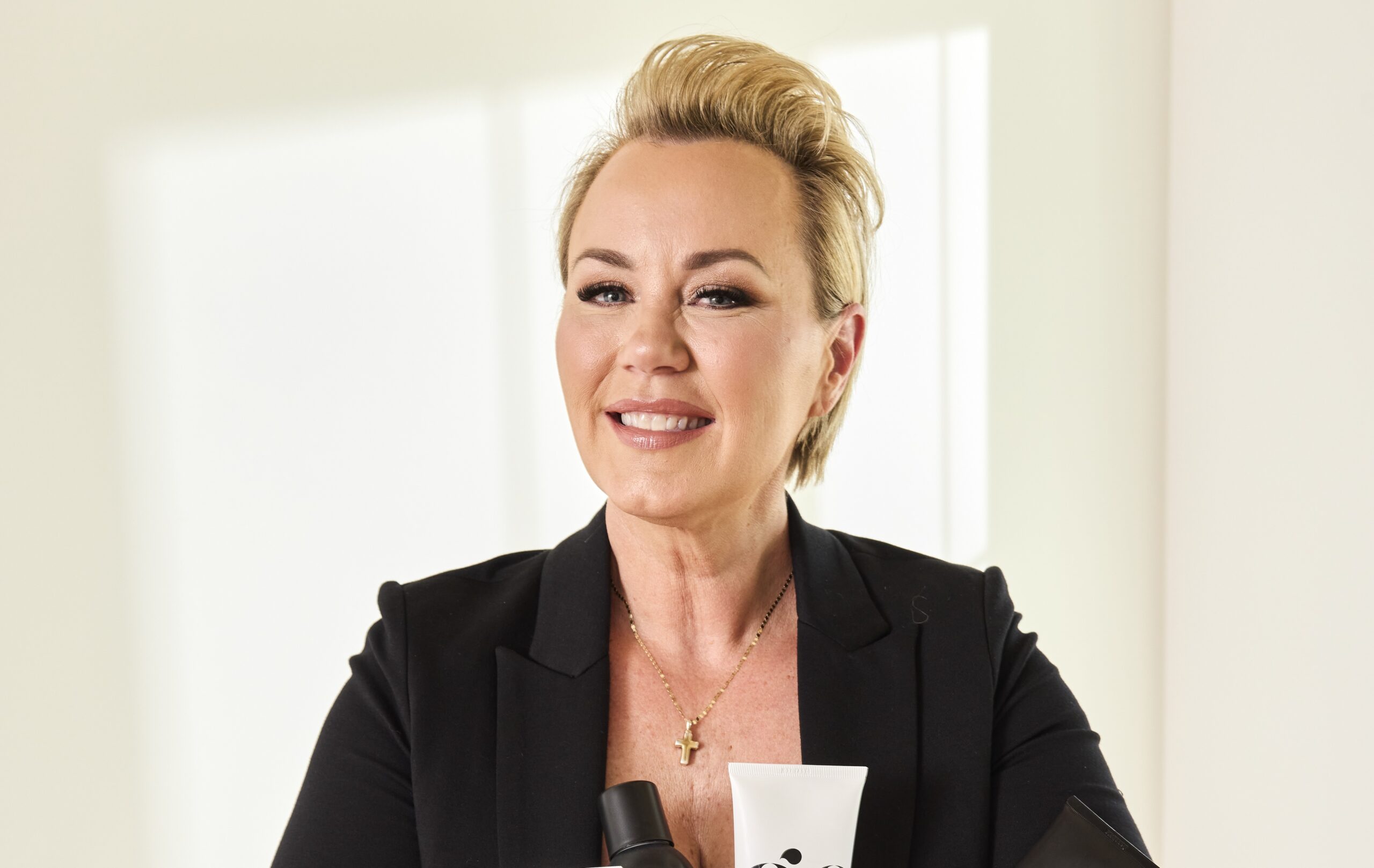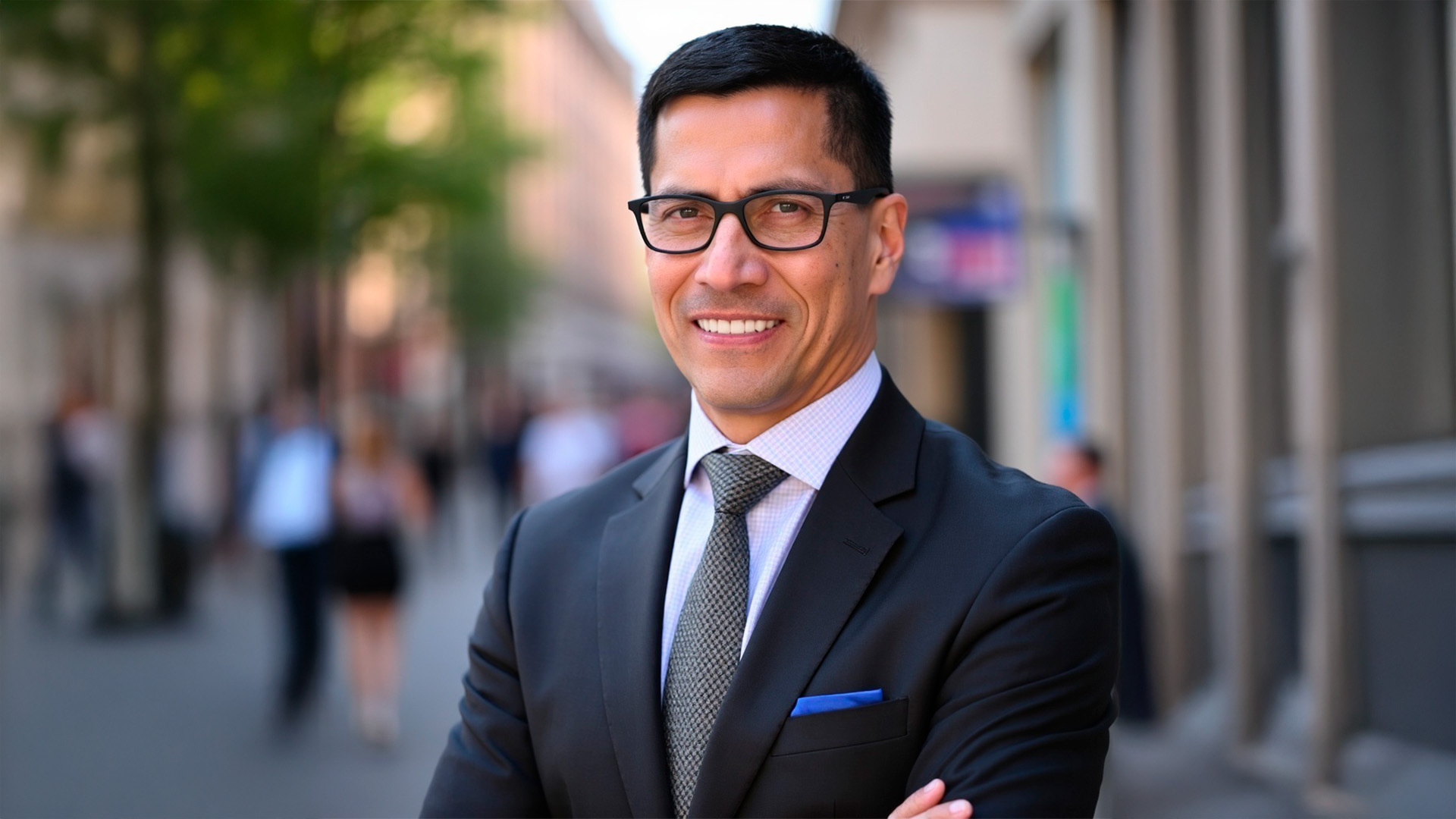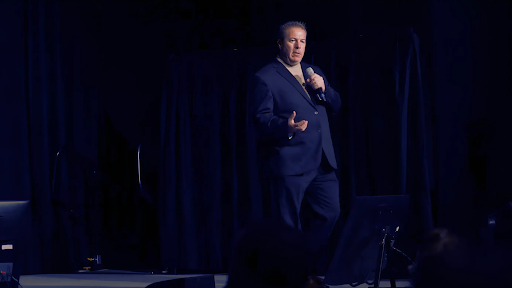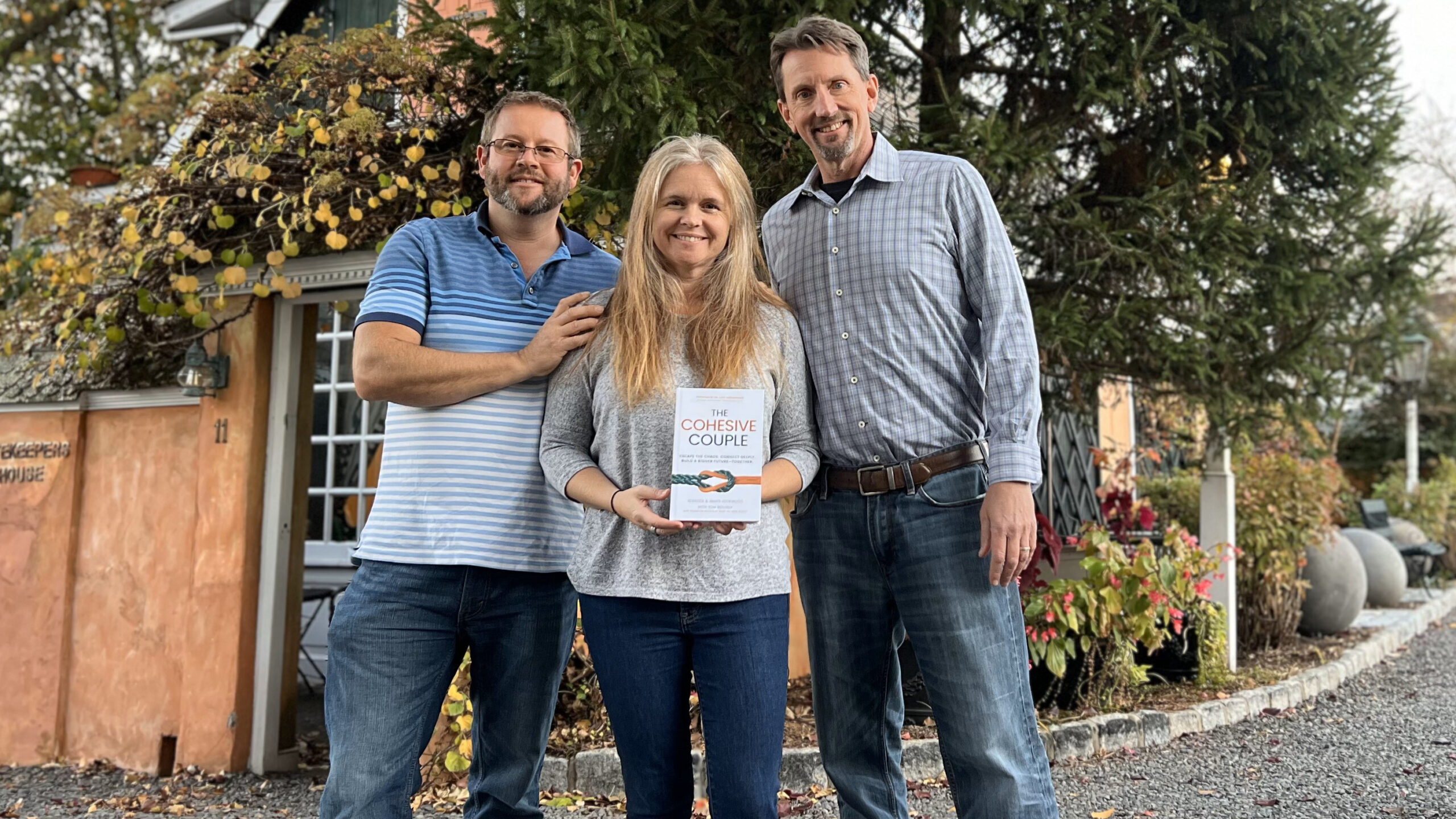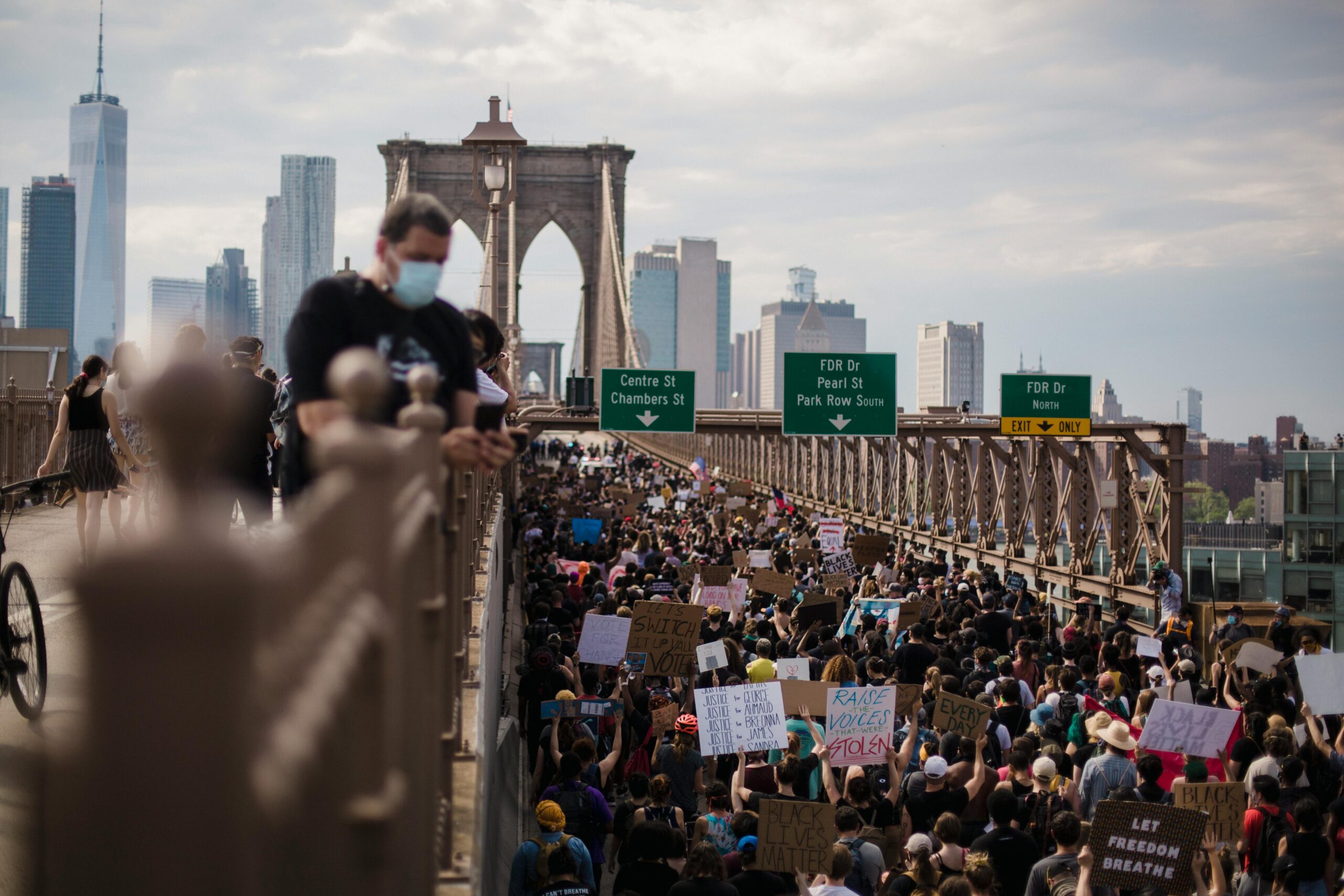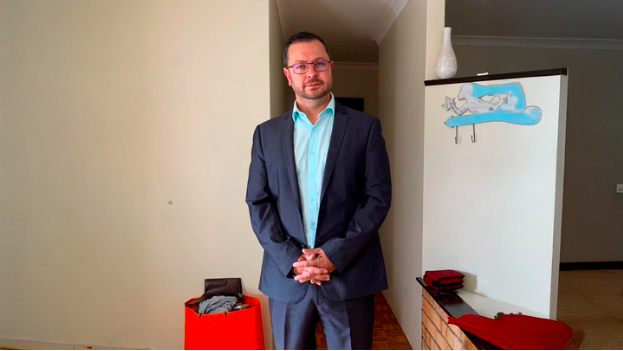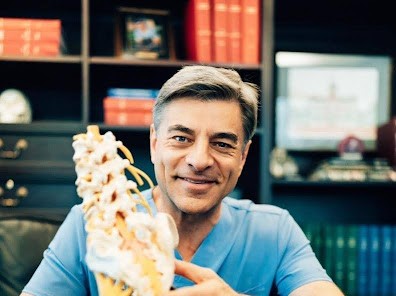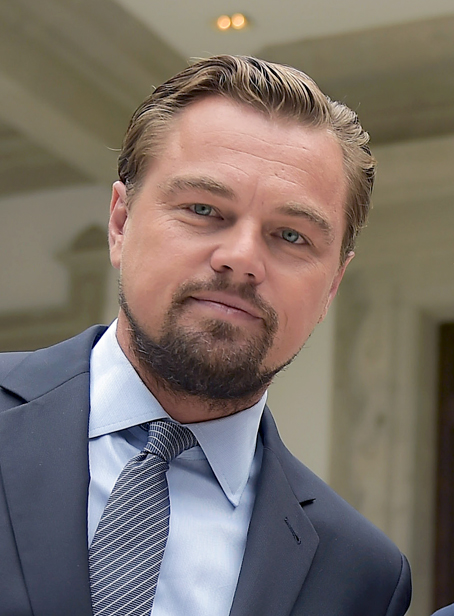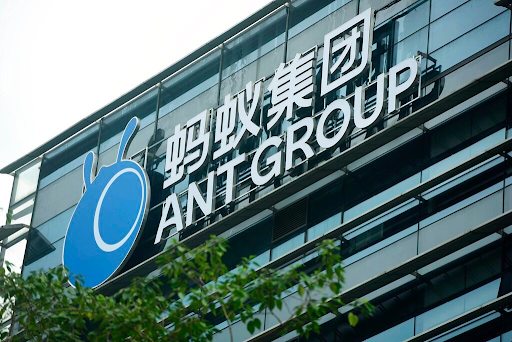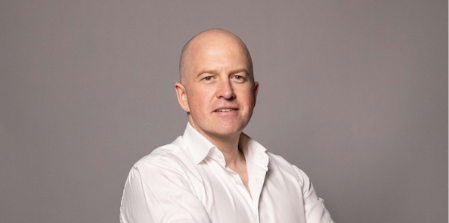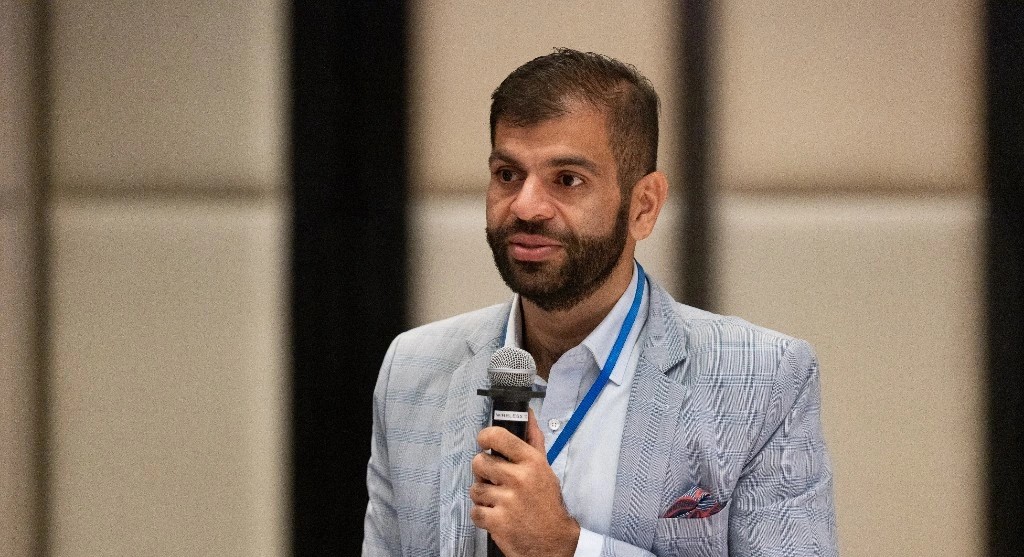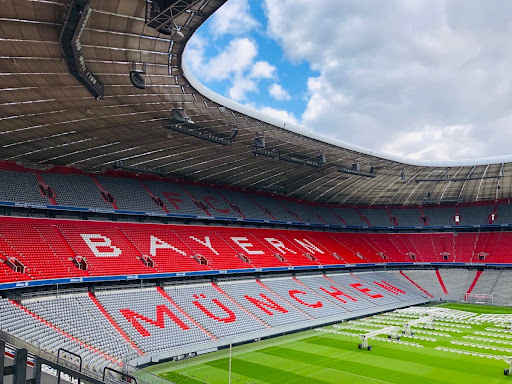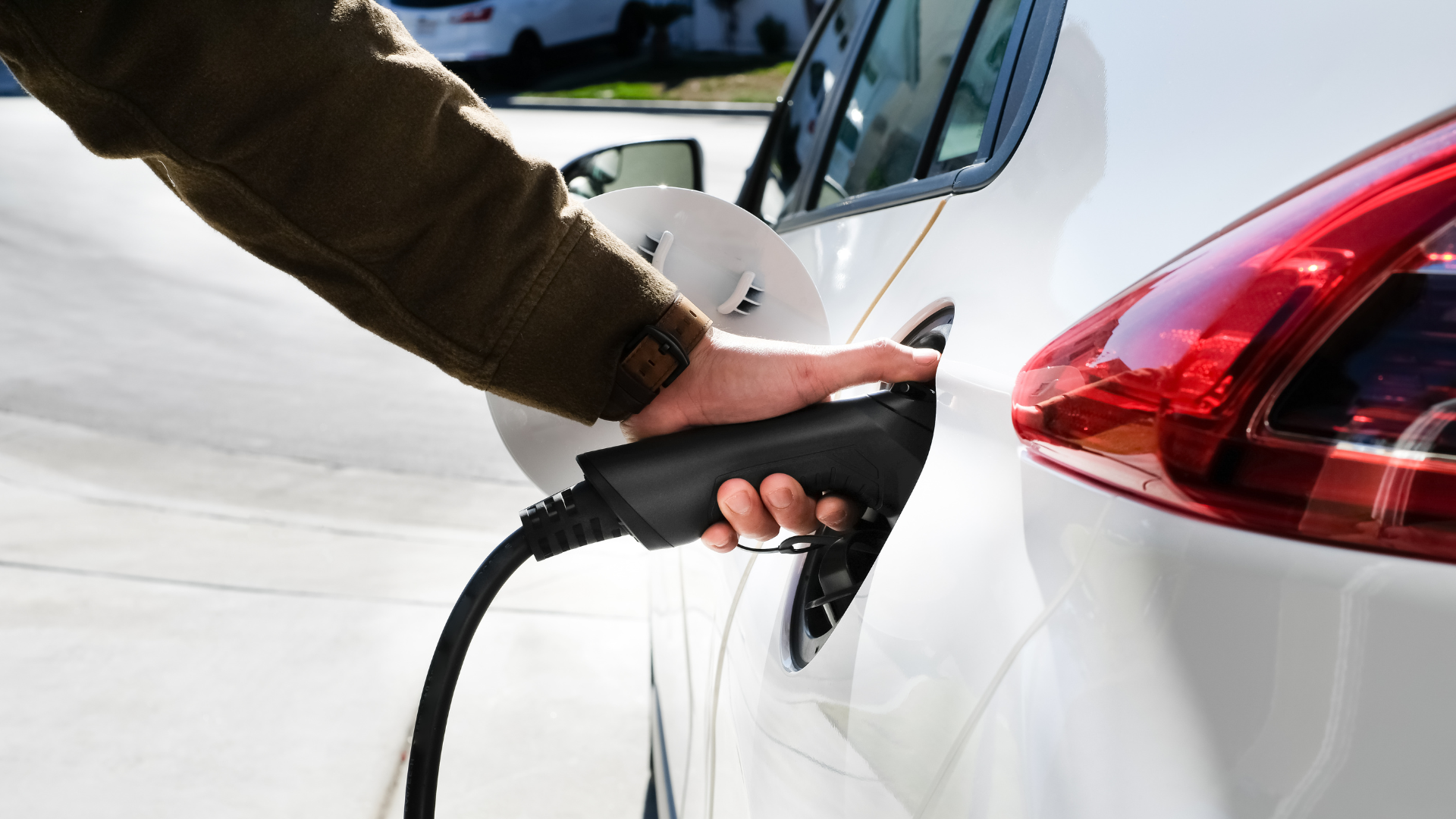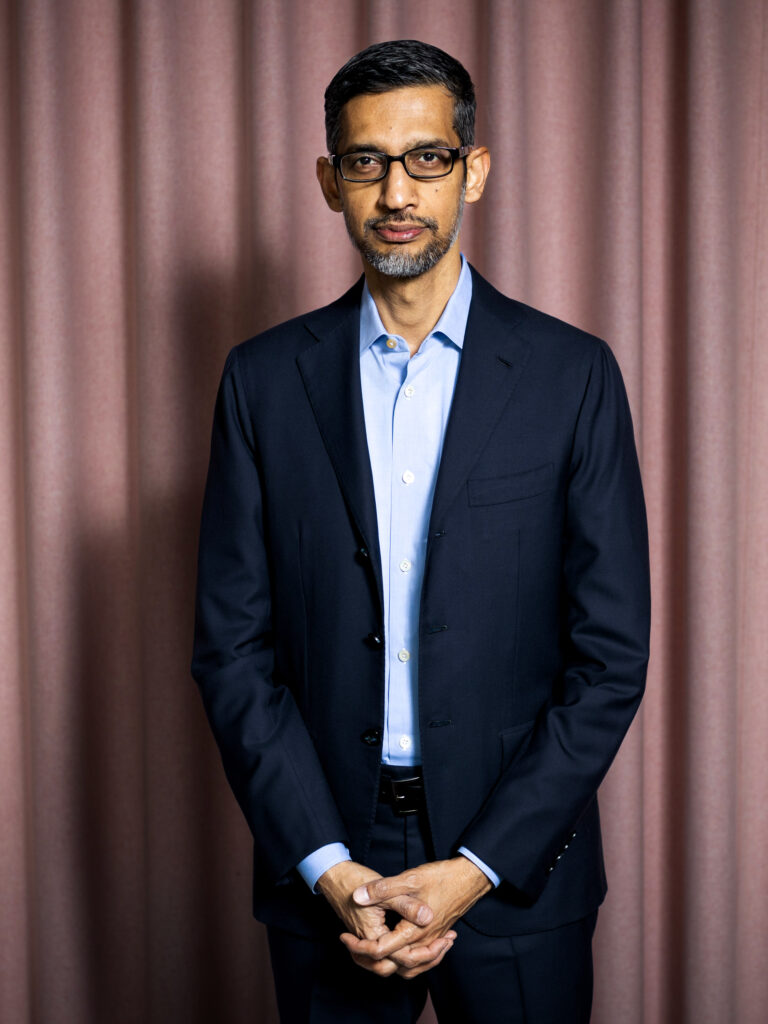The future of the electric vehicle (EV) firm is now assured thanks to a vital $5 billion investment from Volkswagen, which Rivian CEO RJ Scaringe obtained. Scaringe started Rivian at 26, using money from his father’s refinanced house. Even with its exciting electric vehicle idea, Rivian only became a unicorn because of significant investor support.
For Rivian, this Volkswagen contract marks a turning point. As Scaringe noted in a September GQ interview, he attributes much of his success to following the counsel of reliable advisors and ignoring his critics. Scaringe’s choice to heed the advice of Amazon CEO Jeff Bezos while ignoring Tesla CEO Elon Musk’s criticism played a pivotal role in Rivian’s expansion.
Tesla CEO Elon Musk has regularly attacked Scaringe and Rivian. When Rivian started producing the R1T electric pickup truck in 2021, the production rate decreased to a little more than one vehicle daily. Musk made fun of this by saying, “Prototypes are trivial compared to scaling production and supply chain,” on X, the former Twitter. Musk was not persuaded, even after Rivian’s IPO, which raised the company’s valuation to over $100 billion.
“There have been hundreds of automotive startups, both electric and combustion, but Tesla is the only American carmaker to reach high-volume production and positive cash flow in the past 100 years,” Musk posted on X in 2021. In February, Musk predicted Rivian’s bankruptcy within six quarters if its trajectory remained unchanged, writing, “Maybe that trajectory will change, but so far it hasn’t.”
Scaringe’s Strategic Focus and Bezos’ Influence
In October, Scaringe subtly countered Musk’s approach, emphasizing Rivian’s unwavering commitment to product quality over media coverage. “Making bombastic statements is always a faster way to get a lot of coverage, a lot of clicks, but we don’t have a shortage of demand; we have a lot of people really excited. In fact, our biggest customer complaint today is that we’re not building vehicles fast enough,” Scaringe told GQ.
Instead of engaging with Musk’s comments, Scaringe emphasizes a singular focus on Rivian. “If you’re a race-car driver, and you spend all your time looking at the cars, the left and the right, you’re going to run into the wall,” he told GQ. “When you play the game that we’re playing, we need to focus on the products we’re building.”
Scaringe has benefited dramatically from Jeff Bezos’s advice. Under Bezos’ direction, Amazon purchased 100,000 electric vehicles in 2019 and spent $700 million in Rivian. Scaringe connected with Bezos right away because he values risk-taking businesspeople.
“I think he connects with entrepreneurs and people who have an appetite and a tolerance for high risk, and that’s certainly me,” Scaringe told GQ. Bezos and his team played a crucial role in Rivian’s strategy development, encouraging a long-term, chess-like approach to the business.
“Our objective is to sell many millions of cars a year,” Scaringe said. “But you can’t press a button and go from zero to 5 million cars or 10 million cars a year. It takes a lot of buildup. It’s a complex, multidimensional 20-year chess game.”
Despite criticism from competitors like Musk, Scaringe’s ability to acquire significant investments and his strategic focus on long-term planning and product quality, backed by advisers like Bezos, position Rivian as a vital participant in the EV market.
Scaringe’s journey with Rivian showcases a blend of resilience, strategic foresight, and the ability to leverage valuable advice from industry leaders. While Musk’s criticisms highlight the competitive nature of the EV industry, Scaringe’s unwavering focus on quality and long-term goals underscores Rivian’s potential to emerge as a dominant player in the market. The partnership with Volkswagen not only provides financial stability but also signals confidence in Rivian’s future, ensuring that the company remains on a path of growth and innovation.













